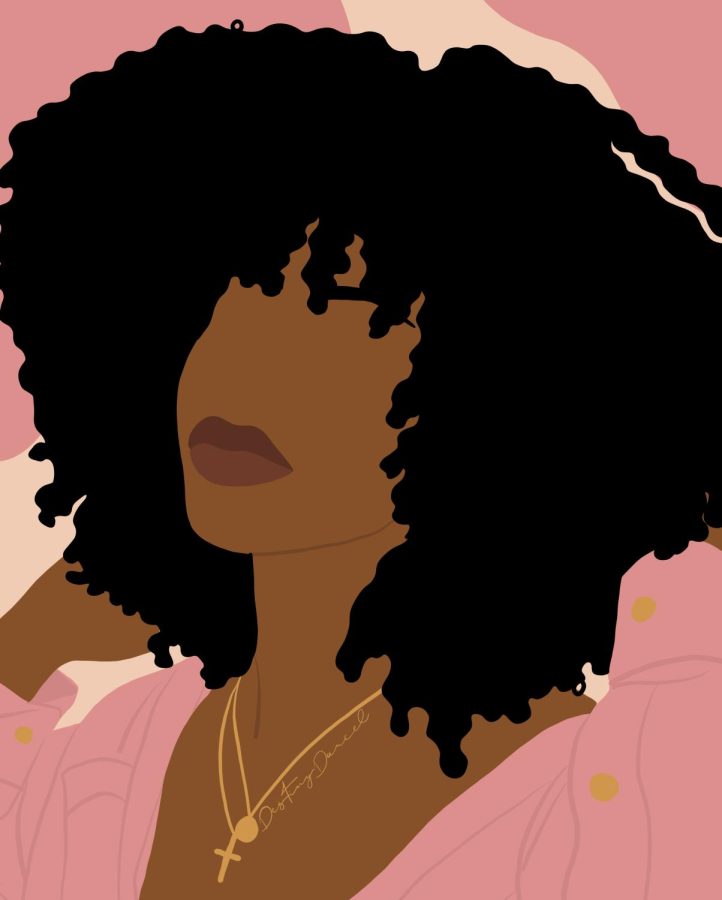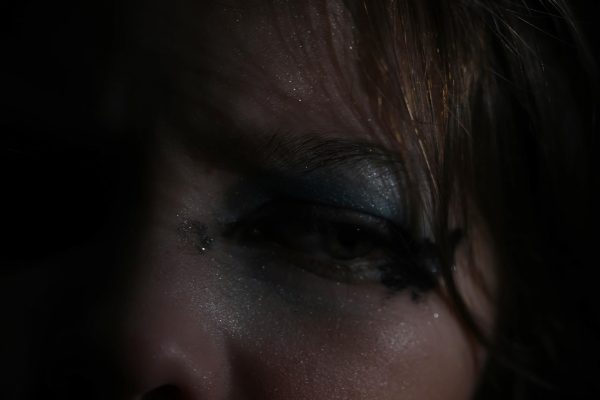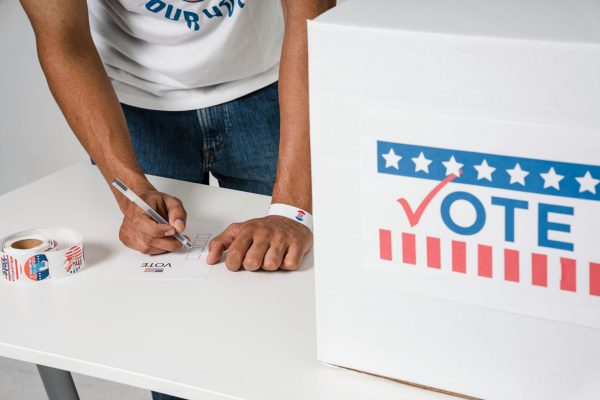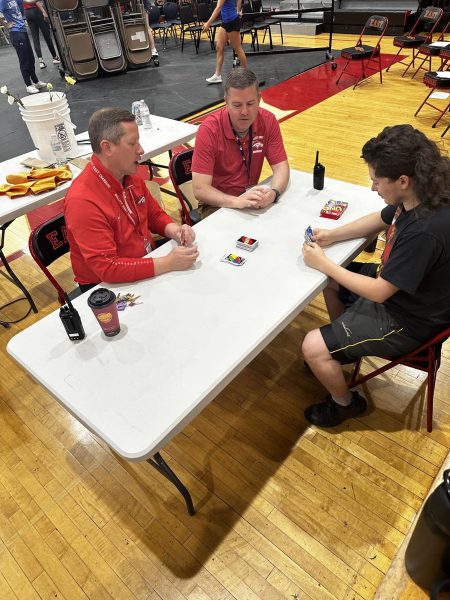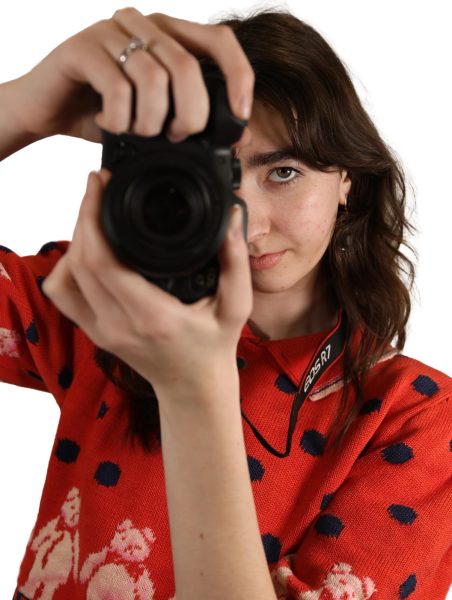May I Touch Your Hair?
The ponytails, the puffs, the afros, the curls, the braids, the dreads, the history.
African American females are often asked, “Is that your real hair?” “Why is your hair so big?” “May I touch your hair?” African American hair is so different from many peoples and takes time, love and strength to manage.
It’s very important that we acknowledge and respect one another’s differences. One of the biggest differences that separate one student from another is each other’s appearances. Different features such as eyes, skin color, height, and size are what identify someone. A black woman’s hair is one of the most valuable features and identifications many people don’t understand the history behind.
For African Americans, we identify each other’s hair by using numbers in letters. For example, if you have a loose curl pattern but straight hair when wet, you would probably have 2a type hair. If you had really rough and coily hair, you might have a 4b type hair.
“I’ve had a relaxer since the ninth grade, so before that, my mom used a hot comb because I played a lot of sports, my hair would sweat. It would be easier to manage. For me every two weeks I go to a stylist, after 6 weeks I’ll get it washed and then a relaxer. It’s quite expensive, definitely in the budget,” teacher Faye Anderson said.
Anderson works at the school as a social media marketing teacher as well as our digital literacy teacher. She is also a co-advisor of the school’s multicultural club. Anderson is a great teacher to ask questions about African American hair for those who are not informed.
“We’re not animals, we should not be petted, if you have a question you should ask. I think it’s important because it’s not appropriate for someone to come into your personal space and touch your hair. They need to understand that there are different styles,” Anderson said.
At times, petting, grabbing, and touching a black female’s hair can be an ignorant gesture. It’s important that you think before you do, and ask questions to inform yourself and others.
“I had an adult reach out to touch my braids, I did a quick matrix move and just explained why number one why would you want to touch my hair? This isn’t a zoo. I was offended by it and they were in my personal space,” Anderson said.
Recently, Danielle Sims Brooks, current assistant President for Student Affairs/Diversity Officer, came to the school’s multicultural club to teach us about microaggressions. One of them is thinking that since someone black has curly braided hair, it gives someone the right to touch it.
“I can’t wash my hair every morning or else it gets dry, it’s like twice a week and conditions it. Oil is really good for our hair, or like protection styles,” Junior Ruby Shores said.
Shores runs for the school’s track and cross country team. With that, comes a lot of hard work and sweat, meaning a couple of hectic hair days. When a black female’s hair is straight and mixes with sweat or moisture, it tends to curl and crinkle up, making the roots look puffy and big.
“At first growing up in an all-white family and having my hair was confusing and it caused me to damage my hair by doing styles that weren’t made for me because I wanted to look like the people around me,” junior Meisha Keown said. “My hair is normally in protective styles or I use fake hair. If my hair is out, my texture and styles are different from the normal straight hair or ponytails that most kids not of color wear,” Keown said.
Keown was adopted at a very young age and never had a mentor to teach her about black female hair. It was hard adjusting to not looking like everyone else in her school and community.
“Touching my hair is disrespectful. While the intentions may not be mean, the message is. It makes me feel more different and discluded than I already am,” Keown said.
Together as a school we should work together and value one another’s differences and do it with respect. Our school is a place where everyone should feel comfortable. Ask questions instead of touching the hair right away. It’s always better to inform yourself and others.
Touching African American hair especially for females is a less talked about issue. It’s important to create boundaries for yourself and respect others as well. We should appreciate that not everyone is going to have the same hair and not everyone is going to appreciate randomly being groomed.

